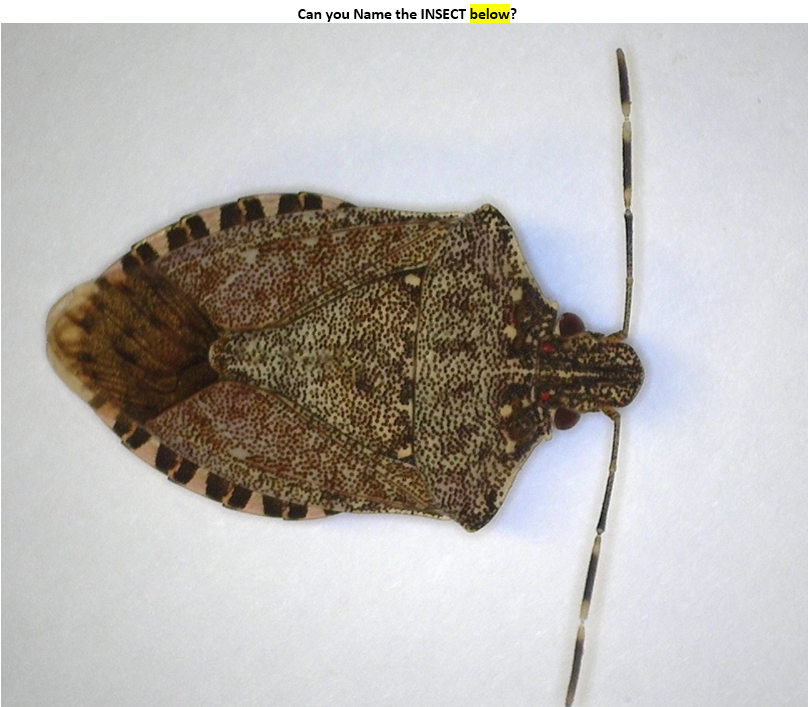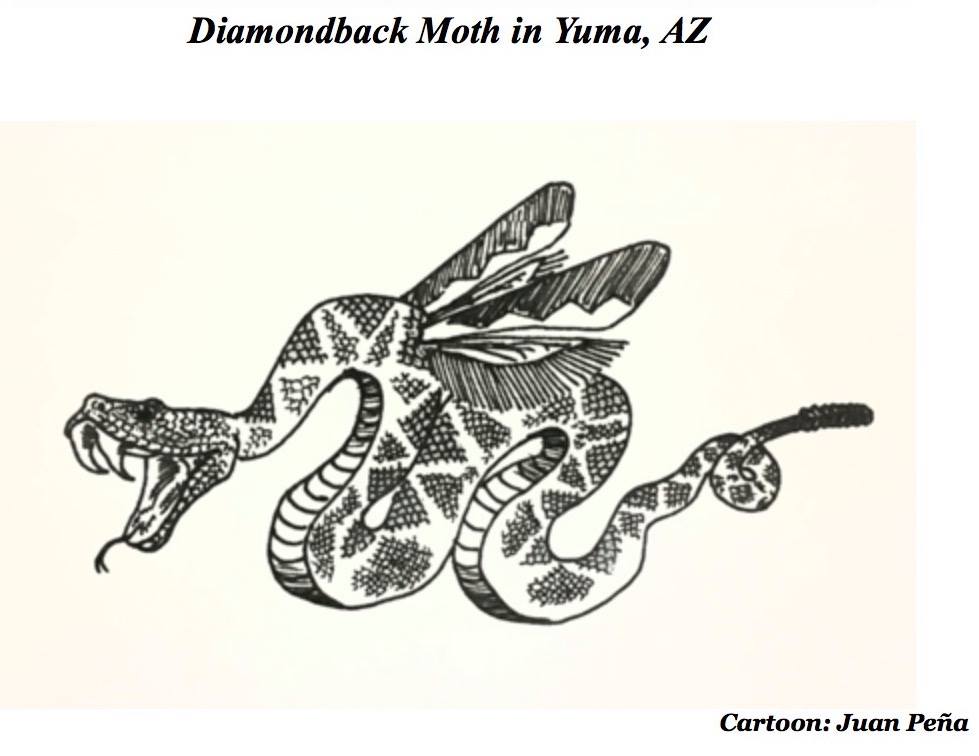
|
|
|
|

|
|||
|
|
|||
Biological insecticides or “Biopesticides” are becoming more important in desert produce production, particularly for insect management in organic leafy vegetables. The EPA define biopesticides as certain types of pesticides derived from natural materials such as animals, plants, bacteria and certain minerals. Currently, organic growers rely heavily on a select few chemical biopesticides, and to a lesser extent, non-chemical tactics to control insect pests in organic leafy vegetables. Recent statistics from the UA-AMPC 1080 Pesticide Use Database show that the biopesticides used in desert produce for insect control are primarily microbial insecticides that consist of a microorganism (e.g., bacteria and fungi) as the active ingredient, or botanical insecticides where the active ingredient is derived from plants. Based on conversations with growers and PCAs, some of these biopesticides are often marginally effective and require intensive usage to meet produce quality standards. Furthermore, among the numerous pests PCAs encounter, aphids, bagrada bugs and flea beetles are very difficult to control with currently available biopesticides. Other major pests such as beet armyworm and western flower thrips can be effectively controlled with microbial insecticides (e.g., spinosad, Bt), but additional alternatives to be used in rotational programs for resistance management are lacking. Although numerous organically-allowed (USDA and OMRI approved) biopesticides are registered for insect control in Arizona, there is much uncertainty among growers and PCAs whether the products will actually control insects as advertised. Given the demands for high-quality organic vegetables from Arizona, applied research providing information on biopesticide efficacy is needed. Thus in 2016, a project was initiated to develop a research knowledge base for biopesticides specifically for Arizona’s unique desert growing conditions, leafy vegetable crops and pest spectrum. The overall goal of this project was to enhance pest management programs for the organic industry by developing new educational information on biopesticides for controlling insect in organically-certified leafy vegetable crops in Arizona. Results from numerous efficacy trials with biopesticides conducted on leaf vegetables grown in the desert southwest can be found in the following report Biopesticide Efficacy in Desert Produce Crops. An additional goal was to develop a Relative Efficacy Index (REI) for biopesticides based on these efficacy trials that provide growers and PCAs with information on the relative efficacy of organic active ingredients used against the key insect pests. This index can be found in the following: Relative Efficacy Index (REI) for Biopesticides on Desert Produce. | |||
| Back | |||
|
For questions or comments on any of the topics please contact Marco Pena at the Yuma Agricultural Center.
|
|||
|
Home |
Cotton | Veggies |
Forages | Grains
| Citrus |
Crop x Crop Insects | Diseases| Weeds | Pesticides | Economics | News | Weather | Research | Photos | Contacts | General Info. Copyright © 2001 University of Arizona, College of Agriculture and Life Sciences Webmaster: Al Fournier (acis@ag.arizona.edu) |
|||


